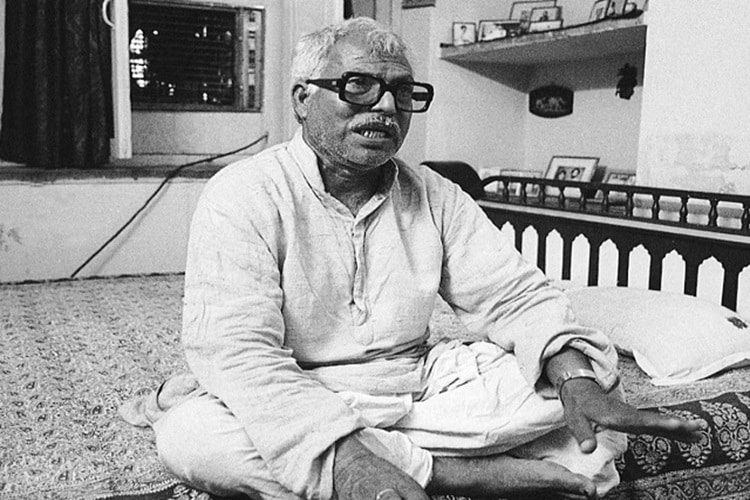Life and Legacy of Karpoori Thakur: A Journey of Empowerment

Karpoori Thakur (24 January 1924 – 17 February 1988) was an Indian politician who served two terms as the 11th Chief Minister of Bihar, first from December 1970 to June 1971, and then from June 1977 to April 1979.
Life and Career
Karpoori Thakur was born on January 24, 1924, in Pitaunjhia village in the Samastipur district of Bihar, India. He belonged to a modest family and faced financial struggles during his upbringing. Thakur completed his early education in his village and later pursued higher education at the University of Patna.
Karpoori Thakur entered politics as a member of the Indian National Congress party. However, he later shifted his allegiance to the socialist movement led by Ram Manohar Lohia. Thakur became a prominent socialist leader in Bihar and played a crucial role in championing the cause of the marginalized sections of society.
Thakur’s political ideology centered around social justice, upliftment of the oppressed, and the empowerment of the backward classes. He served in various capacities within the socialist movement and held positions in the Bihar state government.
Karpoori Thakur emerged as a key figure in the Janata movement, which aimed to challenge the dominance of the Congress party in Bihar. He led several agitations and movements to advocate for the rights of farmers, laborers, and other disadvantaged groups.
Thakur served as the Chief Minister of Bihar on two occasions. His tenure, particularly during the 1970s, witnessed several progressive reforms aimed at addressing social inequalities and promoting inclusive development.
One of Thakur’s significant contributions was the implementation of reservation policies to ensure representation and opportunities for the backward classes in government institutions and public services.
He died on 17 February 1988, in Patna, Bihar, India.
Award and Legacy
On 26 January 2024, he was posthumously awarded India’s highest civilian honour, the Bharat Ratna, by the Government of India.
Karpoori Thakur’s most enduring legacy lies in his unwavering commitment to social justice and the upliftment of marginalized communities. His advocacy for the rights of the backward classes, farmers, and laborers continues to inspire political movements and policies aimed at addressing social inequalities.
Thakur’s pioneering efforts in introducing reservation policies in Bihar left a lasting impact on Indian politics. His initiatives aimed at providing representation and opportunities for the backward classes in government institutions and public services have influenced similar policies at the national level.
Karpoori Thakur is revered as a prominent socialist leader who stood firm against injustice and oppression. His adherence to socialist principles and dedication to the welfare of the masses have earned him recognition as an icon of the socialist movement in India.
Thakur’s tenure as Chief Minister of Bihar showcased his leadership skills and his ability to enact progressive reforms. His contributions to governance and administration in Bihar are remembered as pivotal moments in the state’s political history.
Even after his death, Karpoori Thakur continues to be remembered and honored for his contributions to Indian society. Various institutions, streets, and awards have been named after him as a mark of respect for his legacy and achievements.
Thakur’s impact extends beyond the realm of politics. His grassroots activism and efforts to empower the marginalized sections of society have left an indelible mark on Bihar’s social fabric. His legacy continues to inspire community leaders and activists to work towards a more just and equitable society.
Observer Voice is the one stop site for National, International news, Sports, Editor’s Choice, Art/culture contents, Quotes and much more. We also cover historical contents. Historical contents includes World History, Indian History, and what happened today. The website also covers Entertainment across the India and World.

